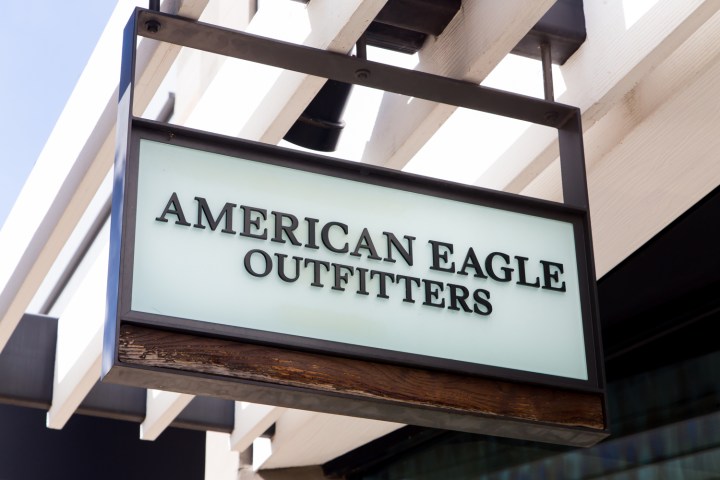
Related: See here for more American Eagle/Aeries products and accessories
In the two years since, the company has stuck to its word and featured models of all shapes and sizes in its marketing material, without a hint of body manipulation to be seen.

While the move was viewed as nothing more than a marketing tactic by skeptics, it appears as though it’s paid off in the most literal of ways, regardless of its true purpose.
Since launching its #AerieReal campaign, the company has seen impressive growth. In 2015, Aerie grew by 20 percent year-over-year, according to Business Insider. Already in the first quarter of 2016 the company has increased its sales by 32 percent, an increase of 20 percent over last year’s first quarter increase of 12 percent.
While it’s impressive and encouraging to look at Aerie’s numbers after its move, it’s important to note this is very much a prime example that correlation does not imply causation. There could be many other factors affecting Aerie’s growth, but the numbers do line up regardless.
This news also comes on the heel of two recent instances where celebrities went out of their way to criticize photographers and publications for unrealistically manipulating their bodies.
Earlier this month actress Rumer Willis called out Vanity Fair photographers Mark Williams and Sara Hirakawa for allegedly photoshopping her jaw in a photo. Williams and Hirakawa responded to the allegations claiming the unusual appearance of her jaw was due to a correction applied in post-production due to shooting with a wide-angle lens, but no definitive conclusion was reached by both parties.
https://www.instagram.com/p/BE9Lc9QPhXp/
In the same week, HBO’s Girls creator Lena Dunham accused Spanish magazine Tentaciones of editing an image of her which appeared on the publication’s cover. This claim was also disputed, when the magazine replied with an open letter saying the image was “approved by the agency, the photographer, and [her] publicist.” In addition to getting approval, the photo was shown to appear in the exact same form three years earlier in a feature on Entertainment Weekly. Dunham later apologized in an Instagram post, although she has since taken it down.
What can be taken from all of this? Not much if you’re looking at it purely for the numbers. But if you step back, it shows there’s an obvious trend of celebrities and companies who are willing to go out of their way to ensure the body image of themselves or fellow models is as realistic as can be – whether it’s altruism or for the bottom line.



